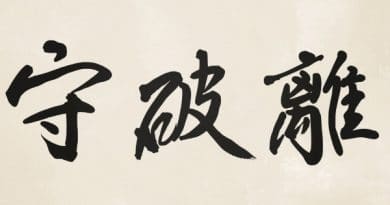Japan Age System: How To Calculate The Age
In some east Asian countries, they have a different age system from the Western one. But do the Japanese also use another unique way to calculate age? The answer is half yes and half no. Here I am introducing the age system in Japan.
Two Different Ways To Calculate
Mannenrei (International Age)
“Mannenrei” is the same system as Western people calculate their age. When the Japanese talk about age, it’s always about Mannnrei as commonly used across Japan apart from the elderly or extremely rural areas. So the word “Mannenrei” itself is not familiar to everyone. However, there is a traditional way to calculate age in Japan; it’s called “Kazoedoshi”.
Kazoedoshi (East Asian age reckoning)
Kazoedoshi is originally from China. It counts birth as one year old, and everyone gets one year older on New Year’s Day. This age system has been disappearing from daily life in japan, and these days, people use it only at traditional ceremonies.
So, there is no such difference from Western culture regarding age in Japan? Not really. There is another way that determines people’s behaviors in Japan, especially for young adults. That’s “Gakunen (School Year) “.
Some Still Care About Gakunen (School Year)
The school year that indicates in which year you were born is more important than the actual age in Japan. Because most people take compulsory education according to the school-age in Japan. Even after finishing school, people judge if they are older or younger than them in terms of the school year. Even if two people are at the same age, but different school year, one is “Senpai (senior)” and the other is “Kouhai (junior)”. Therefore, Kouhai should behave politely and respectfully to Senpai even if their birthdays are only slightly different.
Although everyone says that seniority (Nenkoujyoretsu) is an old-fashioned idea, most people still think that they are supposed to behave in different manners according to the school year. Of course, most people stop caring about it as they get older. Yet, it seems crucial among young adults whether they actually need it or not because otherwise, people will see them rude with inappropriate behavior. And it is also true that this extreme care sometimes creates a harmful effect so-called “Rougai (老害)”.
Hayaumare (born-early)
Other than above, there is another term related to one’s age called “Hayaumare (born-early)” which means the person was born between January 1st and April 1st. “Hayaumare” people go to the same school as the people born after April 1st of the previous year, which is considered a great handicap for young children. To solve it, there is an option, such as redshirting, which deliberately delays the start of the school year by one year in the US, but it’s not common in Japan.
The Age Still Matters in Japanese Society
I don’t think Japanese people drastically change their behaviors towards people from other countries according to their ages. So, you may rarely get involved in trouble because of it. However, it’s important to understand how the Japanese communicate with each other to build a better relationship with them.




